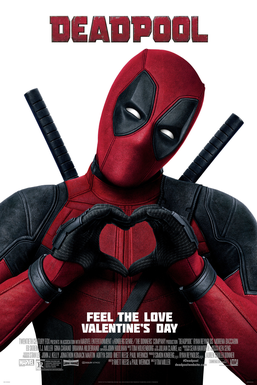LFTVD Genre Theory - Steve Neale
Genre
Genre helps to minimise risk and predict expenditure. This is important because companies require a predictable income and need to budget.
Genre creates familiar pleasures - we see what we expect and enjoy watching the things that we like.
Genre satisfies our needs for entertainment and escapism.
However, genre can also lead to repetition of the same conventions, leading audiences to become bored.
In order to maintain an audience's interest, producers will need to maintain some conventions of the genre and use them in a traditional way, whilst also creating difference in others.
Repetition and Difference
The idea that genres may become dominated by repetition, but are also marked by difference, variation and change.
The idea that genres change, develop and overlap with one another.
The idea that difference is essential to the economy of genre. For example, he discusses the growing sub-genres of music which appeal to wider audiences.
Hybridity
This is where hybridity can be achieved as producers strive to make products that blend, familiarity with innovation. Hybrids are media products which conventions of combined genres.
- The Deadpool comics are already famous for breaking subverting genre conventions, and the protagonist will frequently break the fourth wall with a direct mode of address to audience.
- So it's no surprise that the advertising campaign for the film has once again subverted expectations. Often superhero films feature hybrid elements, such as splashes of romance and crime genre conventions. Generally these conventions are pushed aside when it comes to the main focus of most superhero films: to use a standard action formula to deliver pleasure to an audience who know exactly what they are getting.
- Deadpool was often presented as not a superhero film but a romance film.

Christian Metz
Metz was a French film theorist who is know for his genre characteristics theory.
Metz claims there are 4 development stages that can be applied to a genre:
- Experimental - establishing conventions for future generations.
- this is an original piece of work which is developing the initial codes & conventions of the genre. For example, the Thriller movie genre was established as early as 1926 with silent thriller film, 'The Lodger'.
- Classical - texts become seen as iconic & conventions are set.
- Texts in this stage become iconic due to conventions being set. For example, Hitchcock's 'Psycho' which is thought to have set the conventions of a typical thriller. The sound either creates a suspense and an ominous atmosphere or is fast paced to create fear. The lighting, editing and so on can also create the same effect within the viewer. These iconic elements are still used today.
- Parody - mock codes & conventions of the genre.
- Beyond the development stage we reach a phase where thriller scenes and movies incorporate comedic effects watering down expectations of the film and mocking the conventions we expect of the genre.
- Deconstruction - picking key features/generic elements of more than one genre to form hybrid genres
- The thriller genre has now evolved into a stage where hybrids are evident. The thriller has now fused with several other genre creating sub-categories the most established being sci-fi/thriller or horror/thriller hybrids..

Comments
Post a Comment